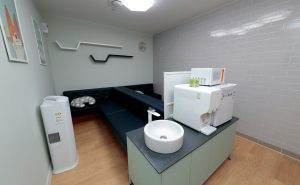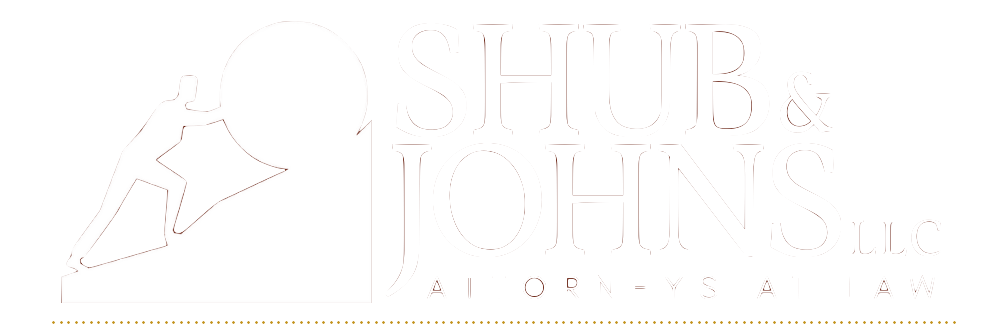PUMP Act & Similar State Laws Protecting Mothers’ Lactation Rights
With passage of the Providing Urgent Maternal Protections for Nursing Mothers Act, or PUMP Act, in 2022, rights for nursing employees around the United States were expanded to allow lactation breaks for nursing employees outside of lunch periods. The PUMP Act and other state laws have been introduced and ratified into law in order to provide rights for mothers and other nursing individuals who require time to express milk or who need to lactate. Companies caught violating both state and federal labor laws may find themselves with lawsuits in their midst.

PUMP Act
The PUMP Act was passed in 2022 when President Joe Biden signed the Consolidation Appropriations Act into Law. This legislation expanded the rights for nursing employees, including nurses, teachers, commercial drivers, home care employees and agricultural workers. The PUMP Act provides the right for most employees to take reasonable break time to express breast milk. Covered employees may take reasonable break time each time they need to express milk for one year after the birth of the child, and cannot be denied if pumping is needed.
The PUMP Act provided the right to a private space for lactation, other than a bathroom, that is shielded from view and free from intrusion whether by other employees or the public. Most Fair Labor Stand Act-covered employees are also covered by the PUMP Act, with the exception of airline, railroad and motorcoach carrier employees – though State or local laws may provide these right for exempt employees. Break time for pumping must be separate from general work breaks and must be paid-breaks under the PUMP Act.
California Lactation AccommodationS
Section 1030 – 1034 of the California Labor Code provides lactation accommodations for nursing employees. Similar to the PUMP Act, this law requires every employer to provide a reasonable amount of break time for an employee who desires or requires to express breast milk, each time they need to express milk or lactate. Breaktime for pumping under the California labor code should run concurrently with any other break time provided, if possible, and would not be paid if it cannot run concurrently. Denial of these breaks, however, can result in the employee seeking recovery of one hour’s pay for each violation.
Just like under the PUMP Act, employers must provide employees with a dedicated space for expelling breast milk, other than a bathroom, that is in close proximity to the work area but also shielded from outside view and free from intrusion. Employers with less than 50 employees may be exempt from the Lactation Accommodations and multitenant worksites, agricultural employers may be subject to different requirements.
Companies, such as Nike and McDonalds, have already been
accused of not adhering to fair labor laws or the PUMP Act, according to recent
Complaints. Some employees allege that the stores do not provide dedicated
spaces for lactation or expressing milk. Though some companies may attempt to
provide a make-shift space for lactation breaks, such as a manager’s office or
the bathroom, these spaces are often not secluded or private enough under the
lactation laws. The PUMP Act, as well as the California Labor Code, expressly indicates
that designated lactation spaces should be a private room other than a
bathroom.
Federal and State governments, and many employers, have
recognized the right for nursing employees to have their own space when
lactation needs arise. But it is necessary for all employers, especially large
companies and corporations, to abide by these labor laws.
Are you an employee with lactation requirements? Has your employer
accommodated your nursing rights? Is your employer providing dedicated spaces
and break times for lactation, or are they violating state or federal law? Let
us know! Fill out the attached form and contact Shub & Johns today!


